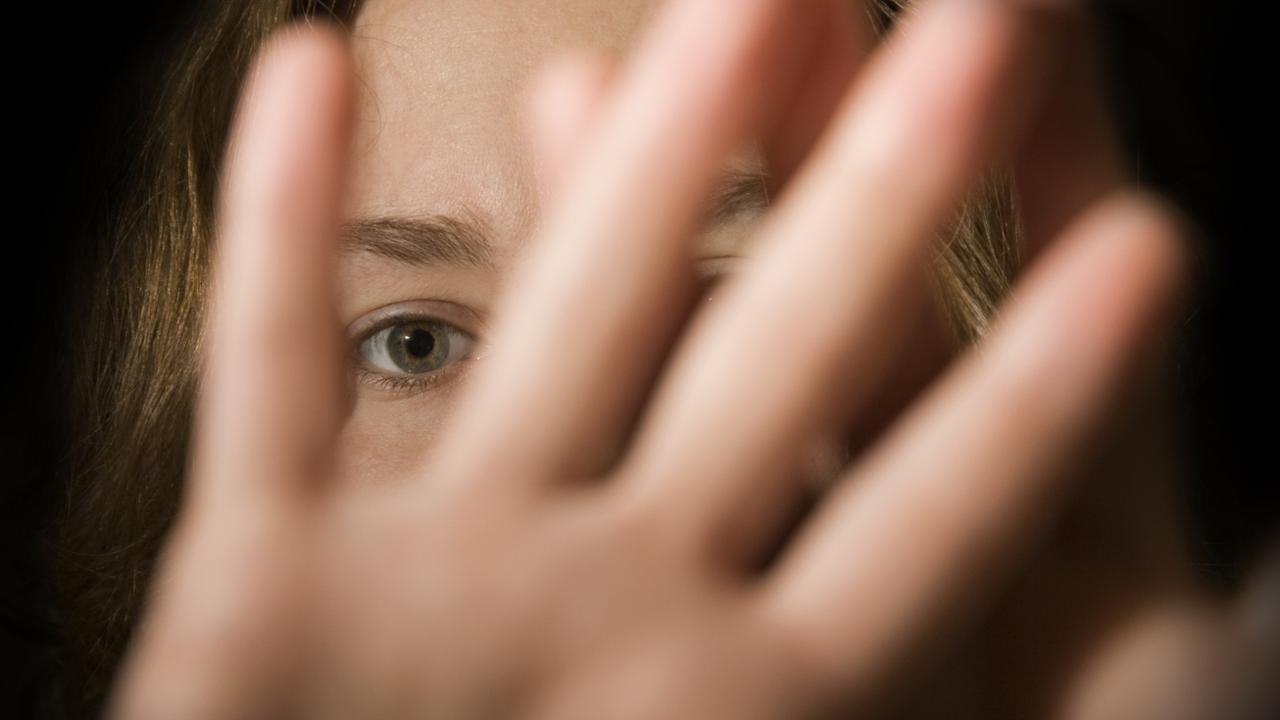Good sports stand for University of Sydney senate
FEARS the quality of the student experience is being eroded have prompted seven Sydney alumni to run for the graduate senate positions.
FEARS that the quality of the student experience is being eroded across the sector have prompted a group of seven University of Sydney alumni to run on a ticket for the five graduate positions on the senate next month.
Co-organiser Ruchir Punjabi, who is No.1 on the ticket, graduated from Sydney in 2008 and is a former president of the union. He said forming the ticket was a proactive move and that it had not been done over dissatisfaction with the university's direction under vice-chancellor Michael Spence.
"We want to present a united front on protecting the student experience and we all know we would bring diversity to the senate," said MrPunjabi, who runs a web design business. Other members of the ticket include journalist and author Peter FitzSimons and communications consultant Trish Oakley, as well as Stephen Ingate, James Hoare, Jane Spring and Chloe Flutter. Most have a history of involvement in sporting or student union activities, or both.
"We are all from different age brackets and backgrounds and had different experiences at the university but we all had one common thread, which was our focus on the student experience at the University of Sydney," Mr Punjabi said.
He, Ms Oakley, Mr Hoare and Mr Ingate discussed running for the senate after a September meeting of the executive council of the University of Sydney Union's Alumni and Friends Association, of which Ms Oakley is president and the others are members.
They invited the others to join them, then set up a website marketing their belief in "young ideas, long tradition", exhorting voters not to leave this "crucial senate election up to someone else".
The spiel on the site says at stake is the "unique quality" of Sydney, the diversity that underpins the university experience, and the need to ensure students, alumni and staff be heard.
Mr Punjabi said these things were under threat, "given the environment in the higher education sector".
"When voluntary student unionism was being discussed in parliament the fear on campus was that this would take away from the experience at university and other campuses around the country. We were lucky because of our university's co-operation (and support in maintaining a) campus life controlled and run by the students."
But there was no certainty this would last, hence the idea for a strong ticket to be protective.
Ms Oakley, No.2 on the ticket, said the university administration had been generous following the introduction of VSU. "But the realities are that it's getting tougher and tougher and the university is struggling more and more," she said. "I want to fight for the student experience as actively as I possibly can."
Ms Oakley and Mr Punjabi said the group had no gripes with Dr Spence's strategic planning process, presently under way, but Mr Punjabi said: "Our view is that it needs to engage and involve as many people on campus as possible."
He said there was a tactical advantage in running a ticket.
A university spokesman said: "It's not unheard of for there to be a ticket, but it's not usual." He said it was more common for senate candidates to emphasise their endorsement from bodies such as the National Tertiary Education Union or postgraduate associations.
Sydney's senate comprises 22 members of which five must come from the graduate body. They are elected for a four-year term. The forthcoming election has attracted 18 nominations and votes are due by November 10.



